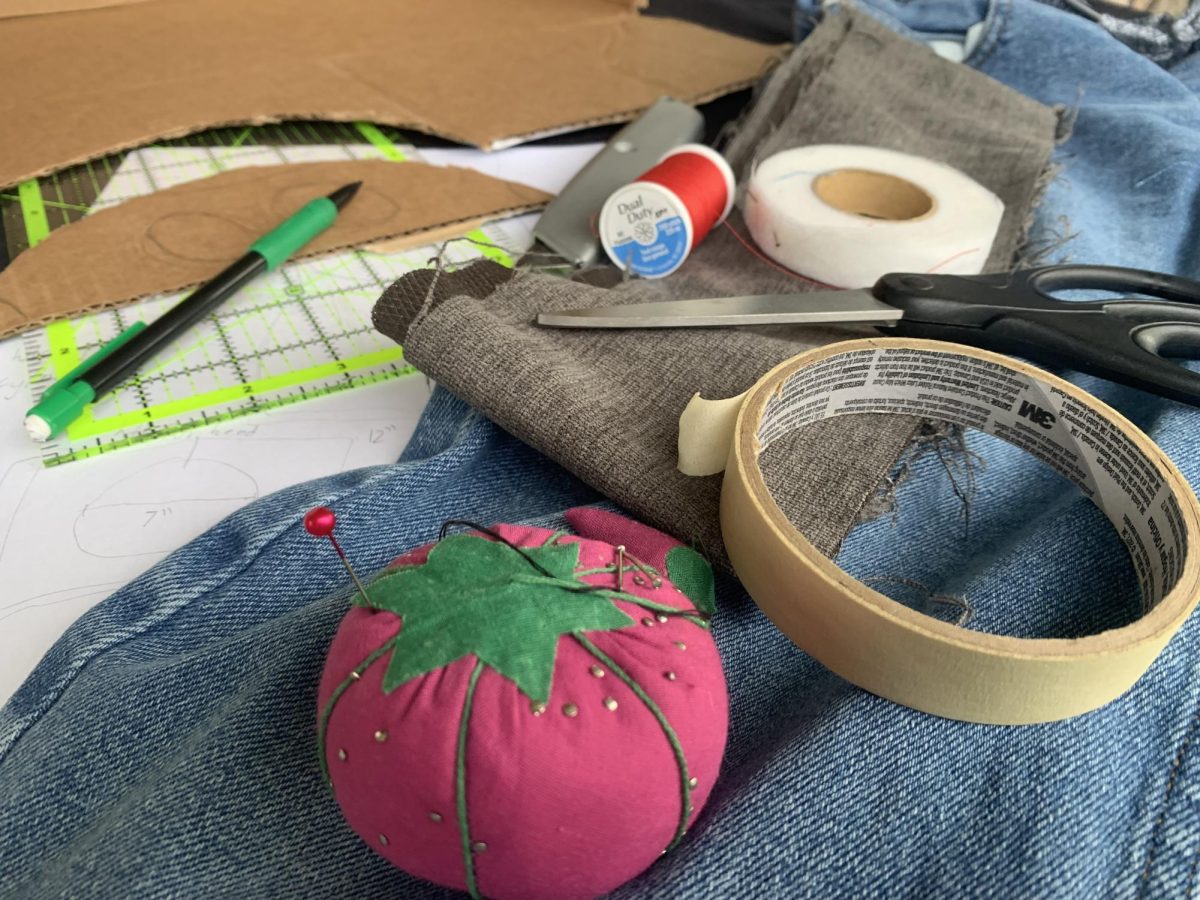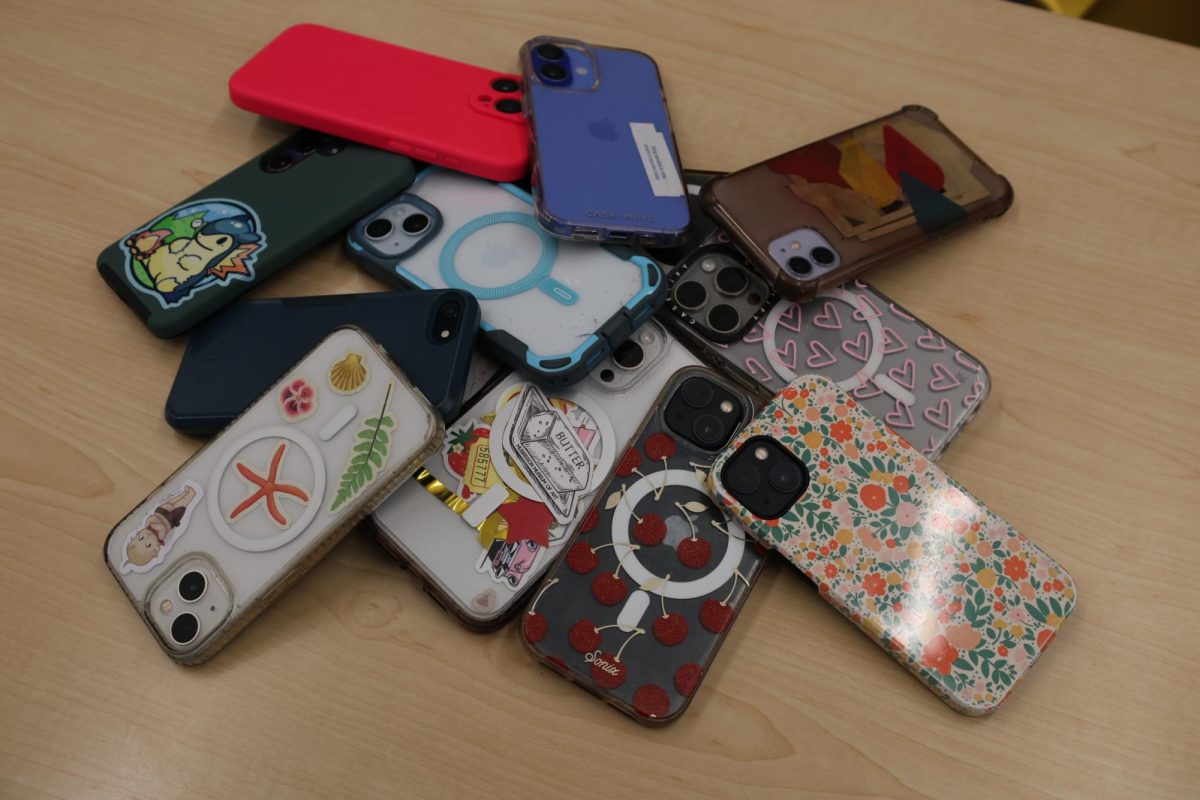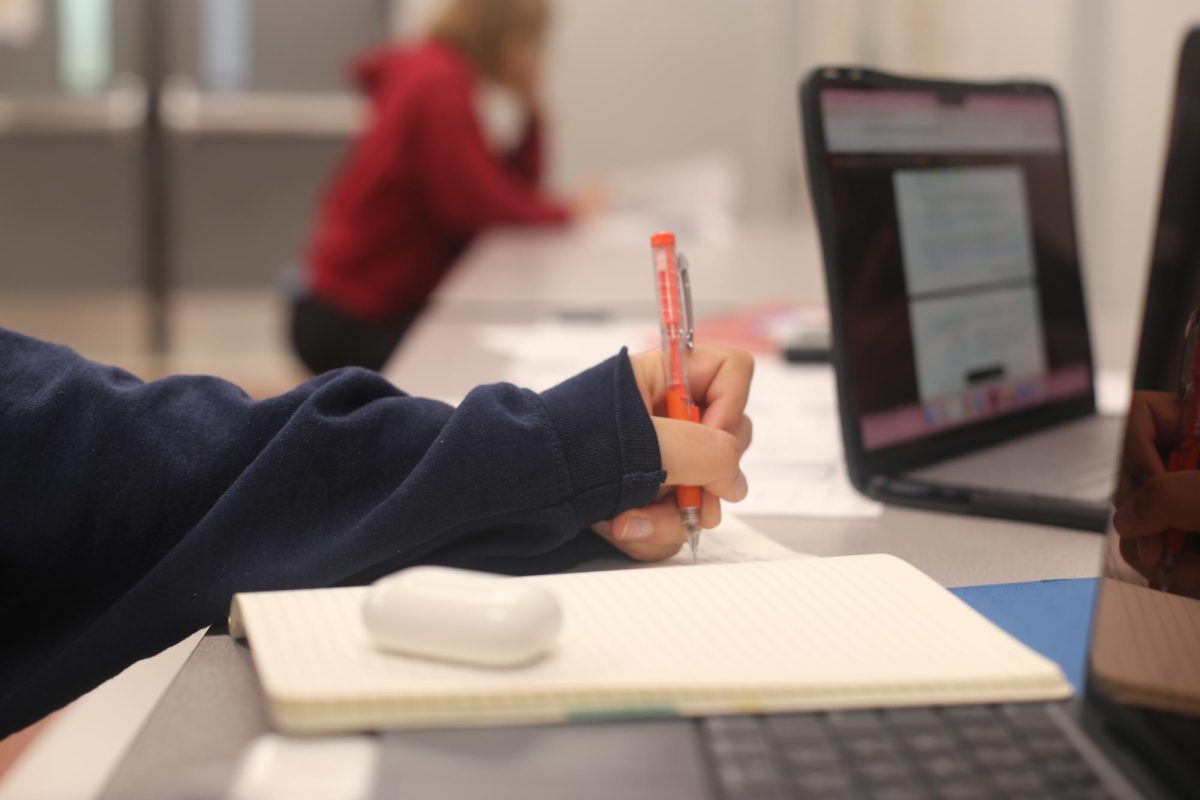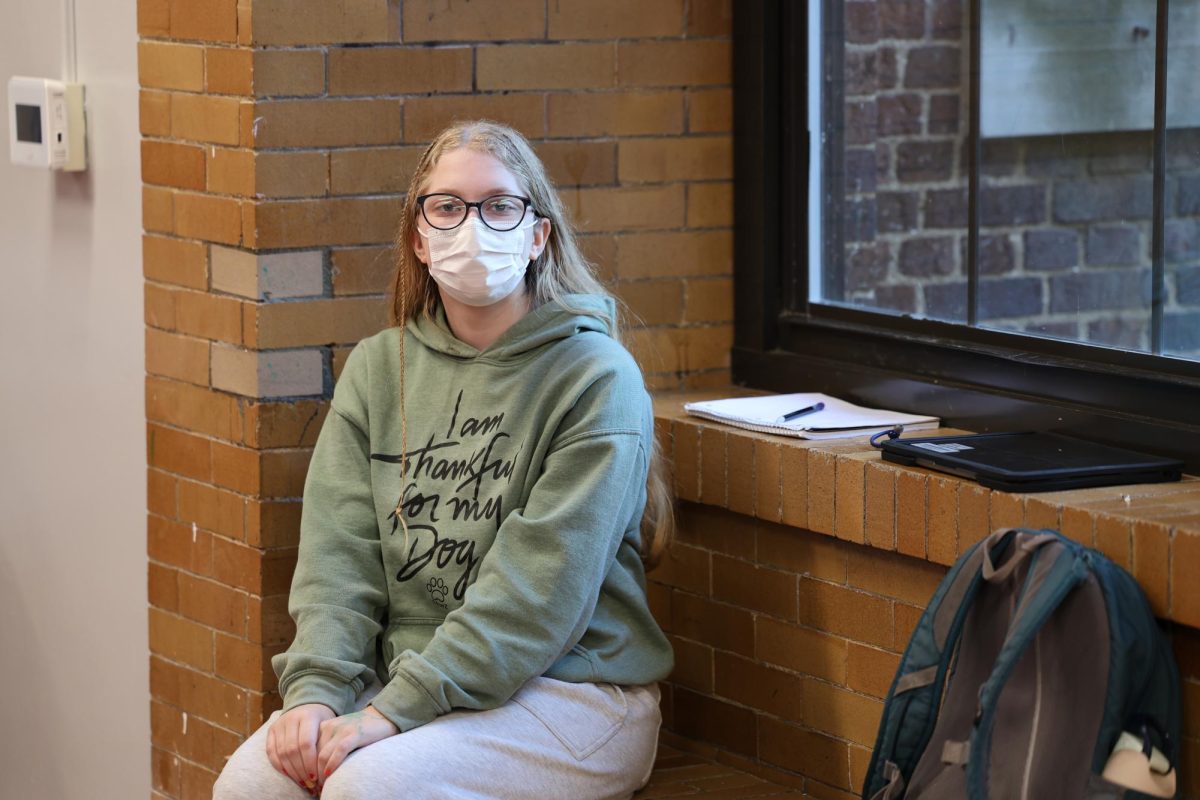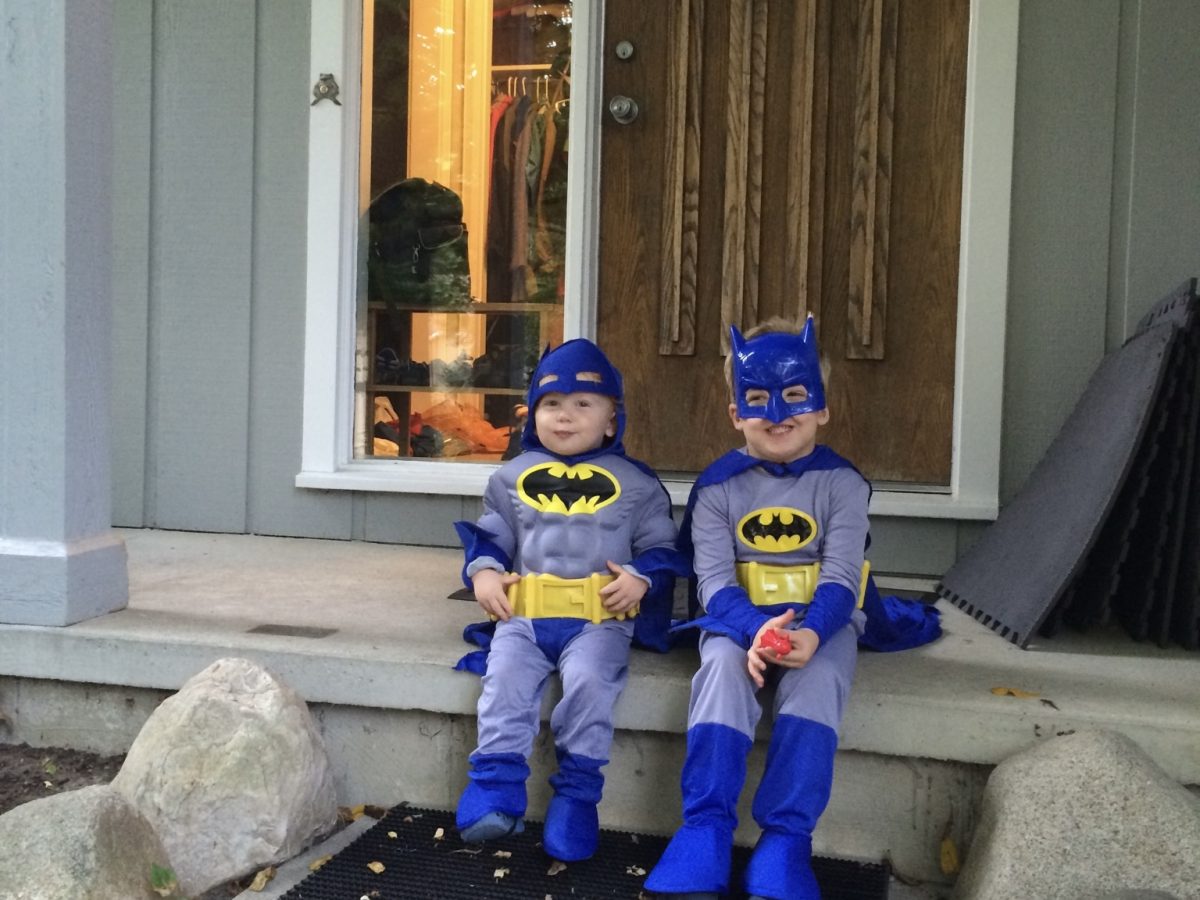Amelia Sandstrom argues that while false hope can lead to disappointment, it is a necessary ingredient for success and happiness.
At some point in your life, you’ve likely gotten your hopes up, set your expectations high and been stomped on by reality, the common enemy of so many 5-year-olds around the world. This routine of overconfident anticipation turning into disappointment was a ritual for me from ages six to 10, my golden age of false hope.
I could say that I’ve experienced both false hope and having no hope, but that would be a lie. To have no hope, you must rid your brain of almost any happy thought. I have felt hopeless, but that’s it, just a feeling. It’s more of a trick a tired mind may play on itself than an actual state of having no hope.
This is completely different from false hope, which is dangerously easy to acquire because all hope is inevitably a little irrational.
Even in times that feel hopeless, there is still hope that things will get better. This is often a false hope that this will “just happen,” with little to no effort to make things better.
Hope is the delicate and overprotective mother of dreams, greed, delusion and life itself. Without false hope, it becomes infinitely harder to have any hope, and, because hope is so vital to life, it becomes infinitely harder to be a happy person.
I know the feeling of emptiness that is even the smallest amount of hopelessness. For me, Sunday nights are often the source of a lack of hope. They so often consist of exhaustion complimented by dread for the coming week.
What allows me to call these experiences less hope, rather than an absence of hope entirely, is false hope. It’s my brain creating silly stories about how amazing my week will be, that gets me out of a hopeless mindset. Ignoring the fact that none of these scenarios will play out, they allow me to have a better attitude about my life and give my mind something to do other than think about how exhausted I am.
I may be disregarding reality, giving myself false hope, but this strategy has not only led me to have more overall hope but is also a bridge to self-reflecting. When I give myself the false hope that everything will be great, though irrational, it is also a tool for seeing my mistakes and changing my actions to become a better person.
False hope is easily integrated into any thinking, so why not use it as a tool and embrace it? If we resist false hope, we are losing out on so much potential, because it is something that can help us find the motivation to discover and unlock more of our capabilities.
Without false hope, I wouldn’t be as driven or passionate as I am. I wouldn’t be as introspective, because that requires at least some recognition of needed change, and most of the time, action upon that. It’s a difficult task to let yourself change if you have no hope. A lack of hope is a closed mind to change. Change, though it can lead to disappointment, is healthy and lets us grow in the long run. The same is true for false hope. False hope often leads to disappointment, but that’s not the whole story. How is failure presented in nearly every classroom? As a way to grow. False hope, when it doesn’t blossom into a more justified hope, allows you to learn.
Though, as a young child I did experience a lot of disappointment, those experiences have allowed me to become more self-aware as a teenager. In addition, they were early signs of the big dreams I had, and continue to have, some of which are arguably a little unrealistic. Still, they drive my hard work and success, so can false hope really be all that bad?
Violet Knyal argues that being realistic in life and facing problems instead of hoping they will go away can help lead to success.
What does it mean to have “no hope” compared to false hope?
In simple terms having no hope means having realistic expectations in life.
To help support my argument I asked the people in my life to see who was on the same page. Out of the 22 people I asked, 17 agreed that being realistic in life is the way to go. One of these people was Yara Martins, a freshman at Skyline High School.
“Realistic expectations are usually healthier than false hope even if it’s more fun to be delusional short term,” Martins said. “If you have an exaggerated expectation for something and it does not happen, it ends up a lot worse than it started.”
Not having false hope is very important to being successful and maintaining balanced and stable mental health.
For example, if you entered a raffle with the mindset that you were going to win but then you did not, you would be disappointed or resentful of whoever won because jealousy is a part of human nature. If you did win, winning would become an expectation and losing the next time would be even more disappointing.
On the other hand, if you approached the situation expecting not to win and then you do not, the pain of losing would be far less. If you do win then that would be a nice surprise.
Being completely realistic in situations is very difficult and it is important to recognize that emotions are completely normal and it is pretty much impossible to block out all feelings of hope.
Day to day, feelings of hope are acceptable but you have to be able to face the fact that not everything will go the way you want it to and that the worst possible outcome could in fact be the realistic outcome.
My whole life I have been led on and frustrated by false hope.
Whether they were hopes I had for myself or the hopes of others I always seemed to be letting somebody down. After I was not able to reach these expectations I felt guilt, shame and resentment towards whoever made me feel that way.
Being a teen with ADHD and anxiety, I have struggled a lot with setting insane expectations and goals for myself that I know deep down I will never be able to achieve. An excellent example of this is schoolwork, in the past, I had always put off assignments saying, “I’ll do this next week,” or “I’ll just cram before the end of the quarter.” But putting it off and just hoping that I would be able to get it done was never enough.
On top of that, I was too scared to bring it up to teachers because of the immense amount of shame that I felt.
So I just never ended up doing much and because of that, I have lost many opportunities in life that I could have had.
At the start of 2024, I said to myself, “Violet, stop hoping and start doing,” and I changed my mindset and behaviors to be more direct and I feel powerful and proud of the work I am completing.
Even though having “no hope” sounds like a terrible feeling it has helped me grow my confidence in everyday life.
By facing challenges head on I am able to complete tasks in a timely fashion, which in turn helps to lift a heavy burden of anxiety off my heart and I can breathe more clearly.
So compared to having false hope, having no hope is by far the more successful and healthy way to think.
Who wants to be crushed by the weight of their own false expectations?




